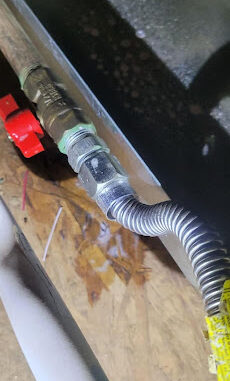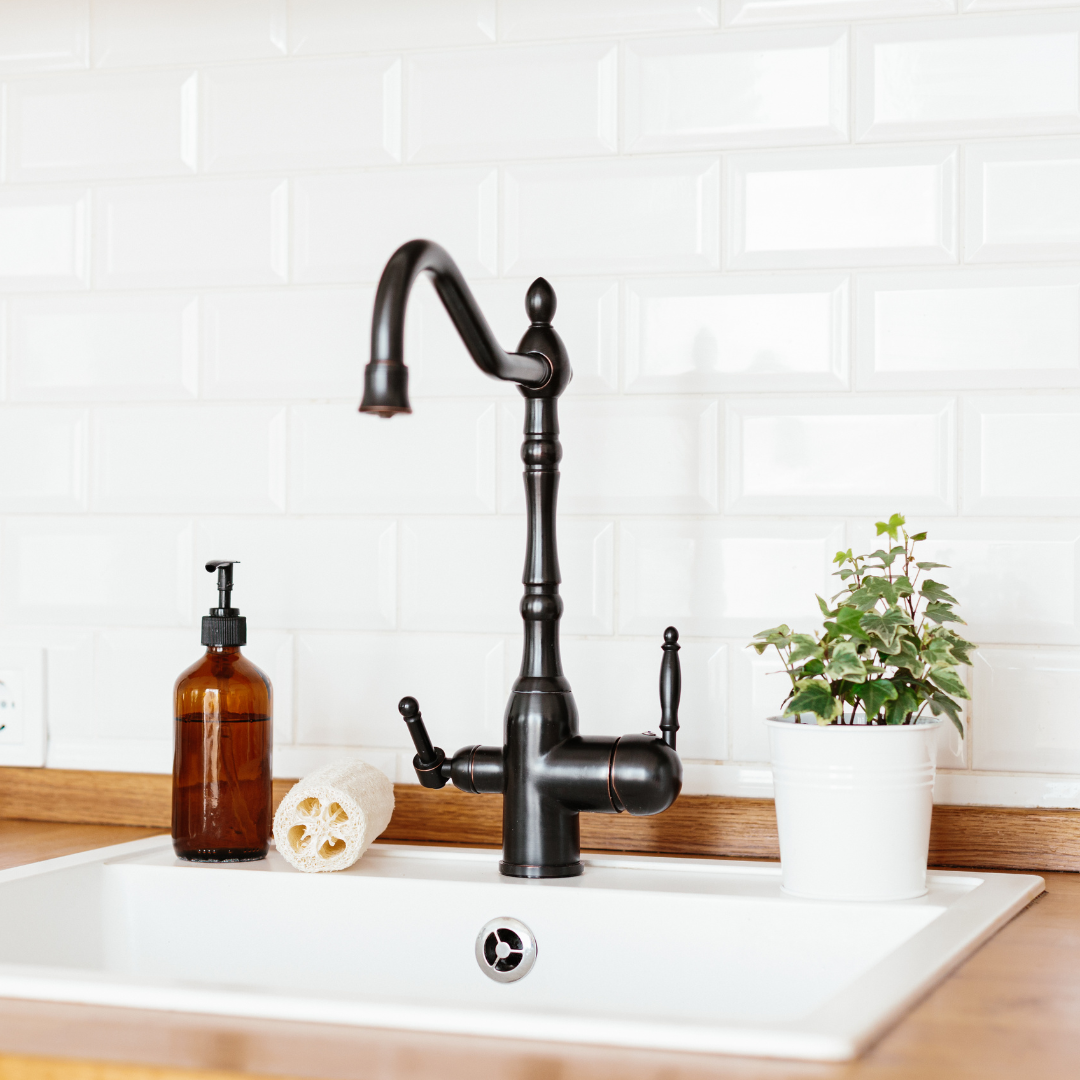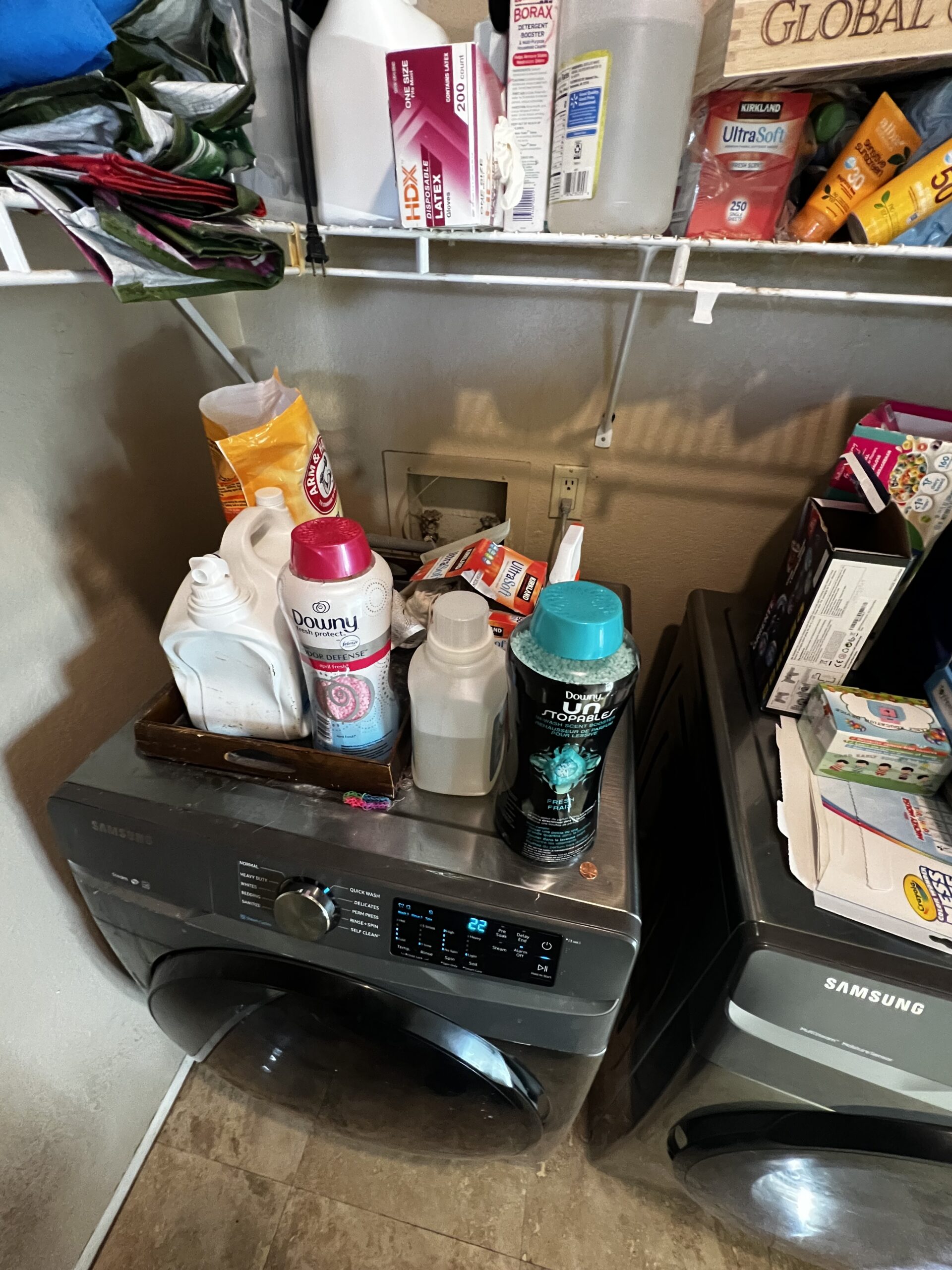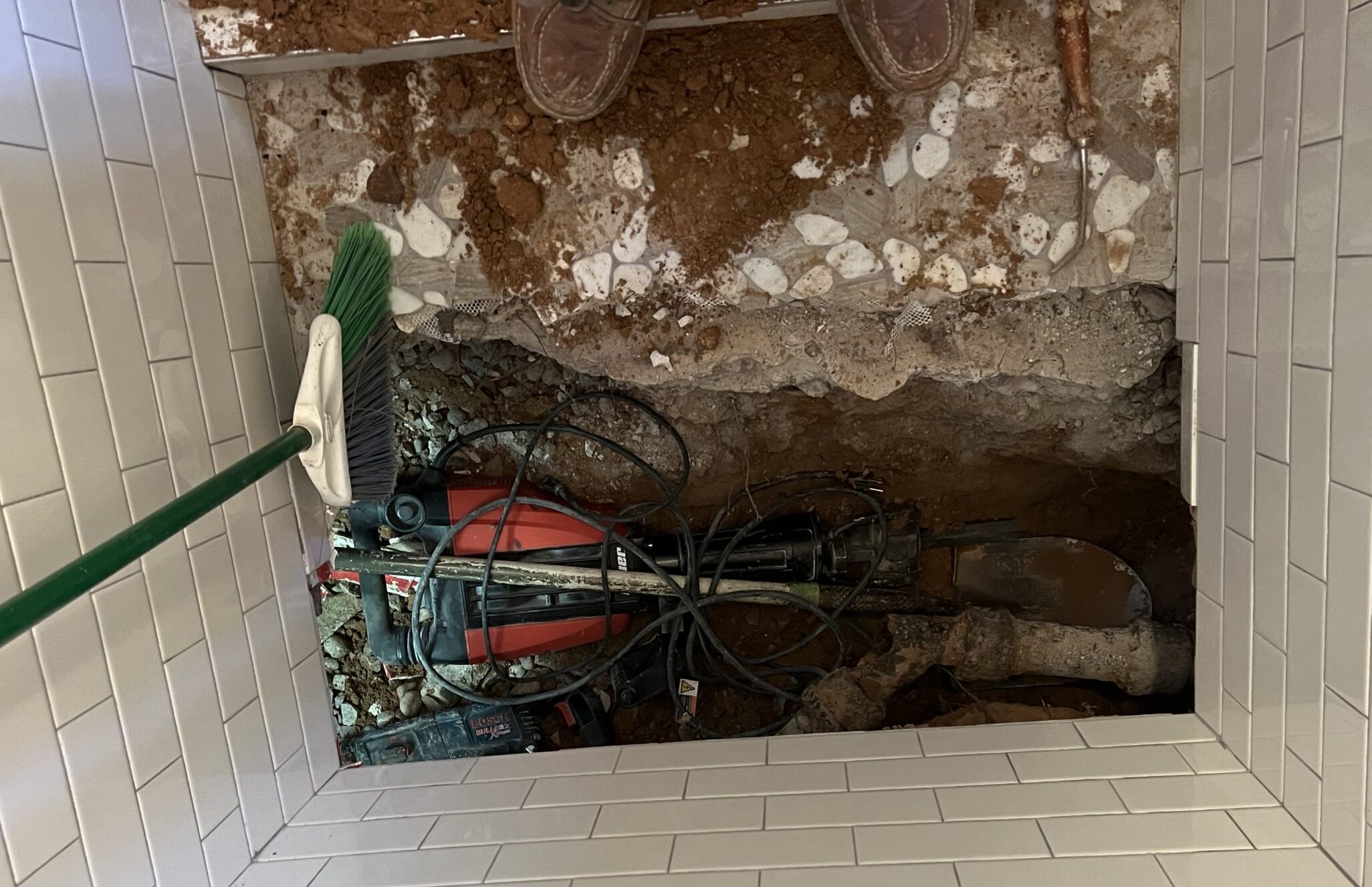Gas leaks in the home are serious business. They can pose significant health risks and even lead to dangerous situations if not addressed promptly. As a homeowner, one of the first lines of defense against a gas leak is your nose. But what exactly should you be sniffing for? Let’s break down the distinctive odor of a gas leak and what steps you should take if you suspect one.



The Scent of Danger: Identifying a Gas Leak
Natural gas, in its pure form, is odorless. However, for safety reasons, utility companies add a substance called mercaptan to give it a noticeable odor. This is where the classic comparison to rotten eggs comes from. Mercaptan emits a sulfur-like smell that’s hard to ignore, making it easier for people to detect gas leaks before they escalate.
Immediate Steps to Take
If you catch a whiff of that unmistakable rotten egg smell in your home, it’s crucial to act quickly:
- Do not use electrical devices, including light switches, phones, or anything that could generate a spark.
- Evacuate the area immediately. Ensure that everyone in the household leaves the premises to avoid potential health risks from gas inhalation.
- Call your gas company from a safe distance. Most areas have emergency services specifically for gas leaks. They can guide you on the next steps and will likely send a professional to inspect your home.
Prevention and Detection
Regular maintenance of your gas lines and appliances is key to preventing leaks. Consider installing a gas detector for an added layer of safety. These devices can alert you to gas leaks even before you might notice the smell, giving you more time to react.
Frequently Asked Questions
Q: Can a gas leak occur if my appliances are turned off?
A: Yes, gas leaks can happen due to faulty appliances, loose connections, or deteriorating gas lines, even when appliances are not in use.
Q: Besides the smell, are there other signs of a gas leak?
A: Yes, other signs include a hissing or whistling sound near a gas line, dead houseplants, bubbles in water, and physical symptoms like dizziness or nausea.
Q: Is it safe to search for the source of a gas leak myself?
A: No, attempting to locate a gas leak on your own can be dangerous. Leave this task to the professionals.
Q: How often should I have my gas lines checked?
A: It’s a good practice to have your gas lines and appliances inspected annually by a qualified technician.
Q: What should I do if I suspect a gas leak but don’t smell anything?
A: If you have other reasons to suspect a gas leak (like hearing a hissing sound), it’s better to err on the side of caution and evacuate, then call your gas company or a professional plumber who specializes in gas leaks.
Remember, your safety and that of your household is paramount. Understanding the smell of a gas leak and knowing the immediate steps to take can make all the difference in preventing a potentially hazardous situation. If you ever find yourself in doubt, contact us to consult with a professional. At Instant Plumbing and Rooter, we’re here to help ensure your home remains safe and secure.



